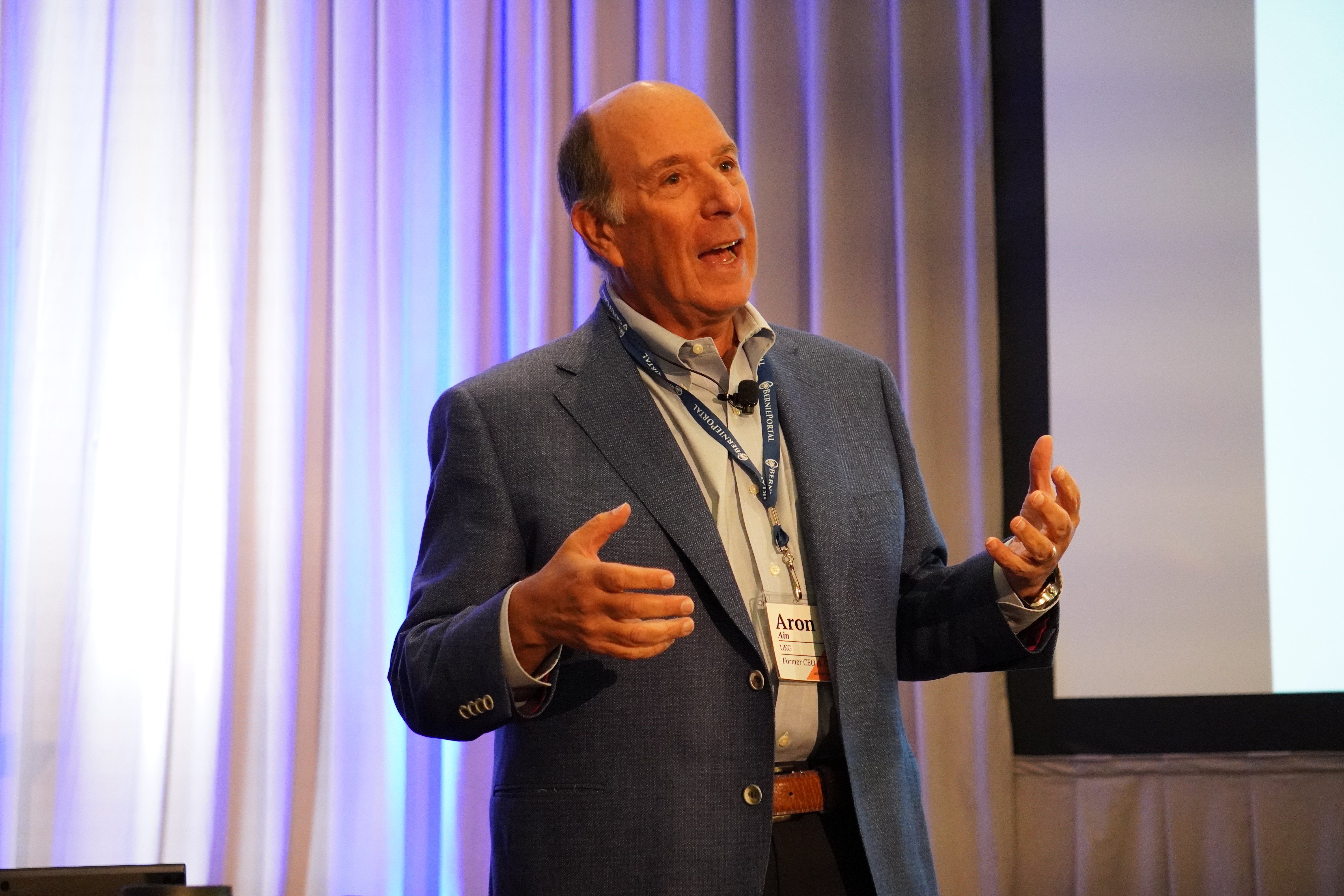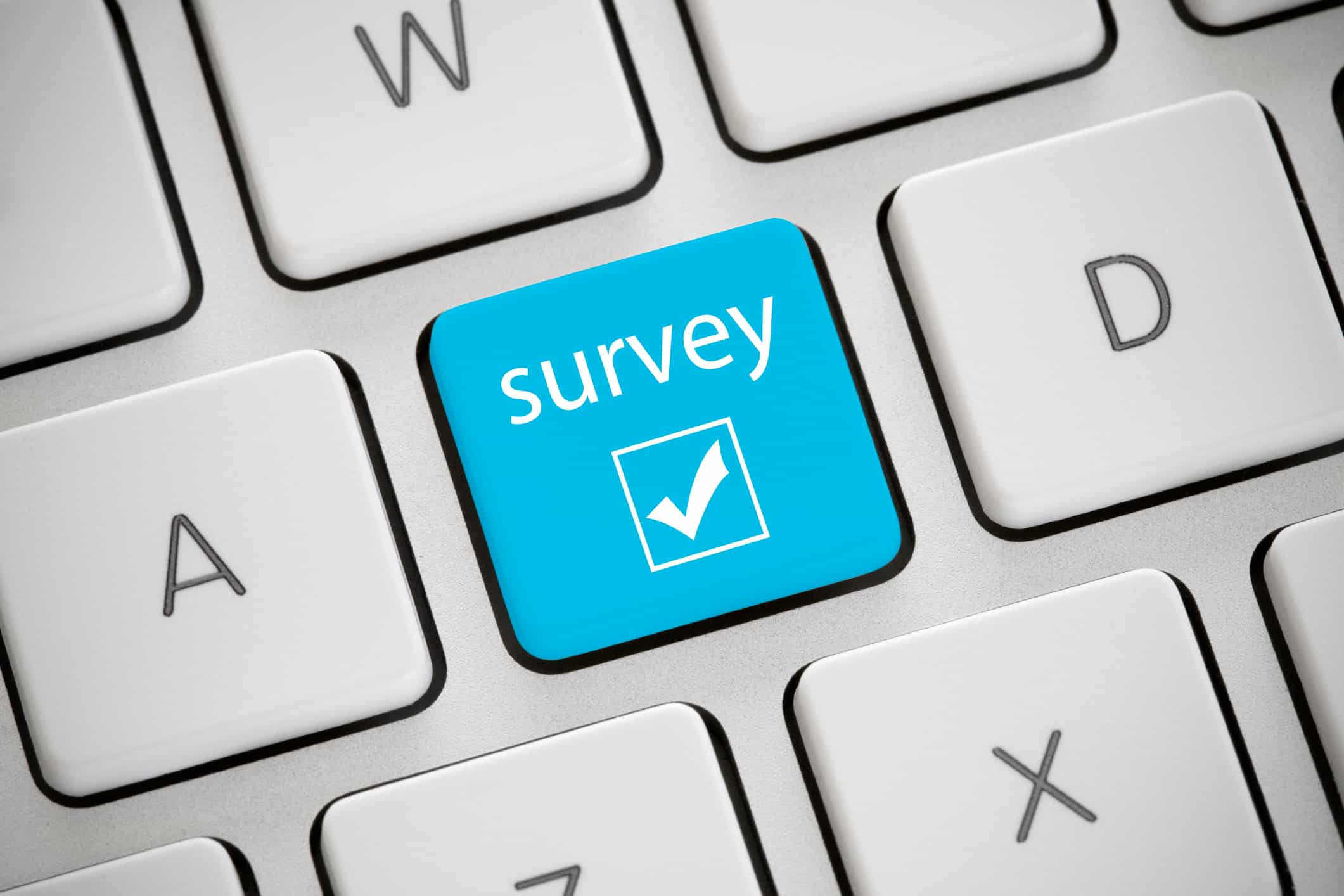Written by
Will Miranne
Will is an aPHR-certified writer on the marketing team at BerniePortal. He writes about healthcare, human resources, and benefits.
How Auto-Adjudication Affects Healthcare Costs

As organizations begin re-evaluating their benefits plans in hopes of saving more money, they will need to consider all options. The rising costs associated with healthcare benefits have only added further pressure to this search for better solutions.
One factor that can affect the cost of premiums is auto-adjudication. Understanding auto-adjudication can help employers make better financial decisions for their organization.
What Is Auto-Adjudication?
When an employee files a medical claim, that claim is then sent off to the insurance carrier to be approved. The process of determining whether or not a claim will be paid or denied is referred to as adjudication. If a carrier agrees to auto-adjudicate, the review process is then minimized. This means that certain claims may be auto-approved, which can be both good and bad.
The positive to auto-adjudication is that claims are reviewed more quickly. The negative is that some bills may be approved despite errors being present. Auto-adjudication can also cause employer costs to rise.
Why Would Carriers Agree to Auto-Adjudicate?
When carriers begin negotiations with hospitals, the initial hospital rate is known as the “chargemaster “ price. Once the chargemaster price is established, the insurance carriers will negotiate with the hospitals to achieve a better rate.
If the hospitals agree to lower their costs, carriers will often include the hospitals in their network, all but guaranteeing patient volume. The hospital may then offer even further discounted rates should the insurer agree to auto-adjudicate a certain number of claims. For this reason, many carriers will include auto-adjudication in their claims process.
Why Would Hospitals Want Claims to be Auto-Adjudicated?
Hospitals get paid more quickly when claims are auto-adjudicated. This is because the adjudication process can be time-consuming, and it ultimately slows down the billing cycle for hospitals. This bottleneck can also add cash-flow pressure to their operations. When insurers agree to auto-adjudicate claims that are thought to be correct, that pressure is reduced, and it allows for a smoother cash flow process overall.
Does Auto-Adjudication Benefit Employers?
In theory, auto-adjudication has the potential to positively impact employers. If employers are only auto-adjudicating correct claims, then employees would face lower charges at the hospital. The major concern associated with auto-adjudication claims is what happens when auto-adjudicated claims are incorrect.
Industry groups estimate that upwards of 80% of all medical bills contain some sort of error. If the insurer has agreed to use auto-adjudication, then it is possible that some of those bills could end up affected, slowing down the process. In these instances, employers could end up paying more money on incorrect medical bills than on the higher initial chargemaster rate.
If employees are subject to higher costs due to incorrect bills and the insurers auto-approve the bills, the plan costs will go up. It is also possible that insurers will use this to justify an increase in the employer premium.
Due to the uncertainty involved in auto-adjudication—and all of the variables involved in the process—there is no clear answer as to whether auto-adjudication will save you more money over time. Employers will need to ask themselves what they feel most comfortable with and which method will best align with their strategies. Take time to look at the pros and cons and determine whether agreeing to auto-approval offers the greatest potential for savings for your organization.
Additional Resources
You can also stay informed, educated, and up-to-date with auto-adjudication and other important topics by using BerniePortal’s comprehensive resources:
-
BerniePortal Blog—a one-stop-shop for HR industry news
-
HR Glossary—featuring the most common HR terms, acronyms, and compliance
-
HR Guides—essential pillars, covering an extensive list of comprehensive HR topics
-
BernieU—free online HR courses, approved for SHRM and HRCI recertification credit
-
HR Party of One—our popular YouTube series and podcast, covering emerging HR trends and enduring HR topics
Written by
Will Miranne
Will is an aPHR-certified writer on the marketing team at BerniePortal. He writes about healthcare, human resources, and benefits.
Related Posts
We just wrapped up another phenomenal Weekdays with Bernie (WWB) Conference!
Employees are the heart and soul of an organization, and valuing their opinions can have...
HR parties of one already have an abundance of tasks to keep up with. From hiring to...
The talent search is no longer a skirmish or a battle. It’s a WAR! As a strategic HR...







Submit a Comment